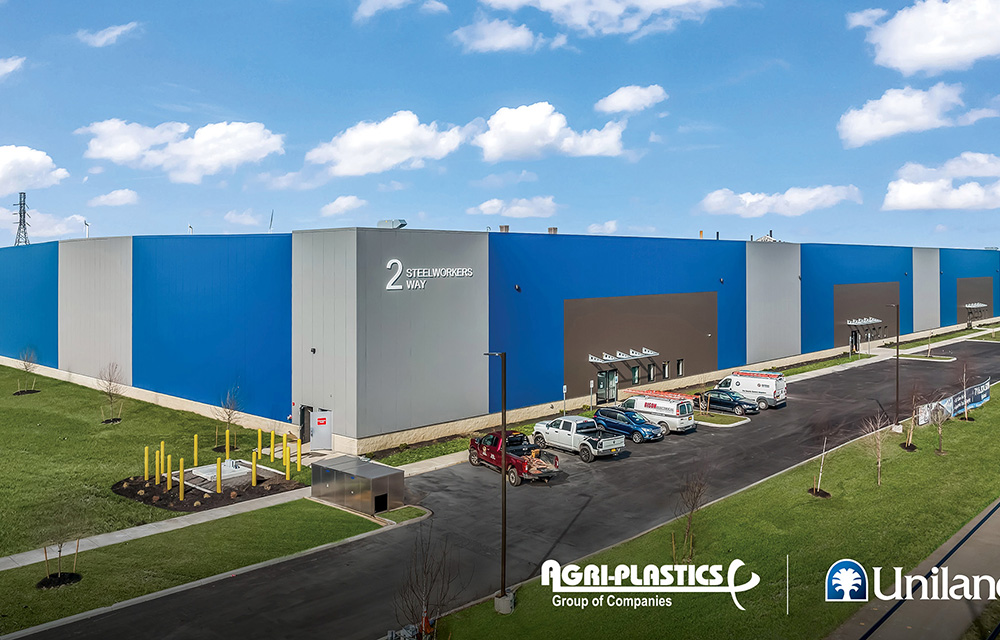News:
Brokerage
Posted: February 18, 2008
Condos, time shares, air rights as 1031 qualifying property on the rise
There is good news from one market sector: the office condominium market appears to be in good shape in the Northeast, especially in NYC and other major metro areas. Developers in NYC are discovering how to add even greater value to the existing office market by simply creating several marketable properties from what was previously one building. With office rents continuing at record levels, the interest in office condominiums has apparently not faltered. As we all know, creating many properties from one can yield far greater value than selling the one alone.
So the fact that there continues to be strong demand for office condominiums is good news for owners of existing buildings with conversion potential. There is good news for buyers and users in this too. Being able to own, rather than lease, your office space can be highly desirable. For starters, fee ownership can create tax benefits that cannot generally be derived from leasing. Internal Revenue Code 1031 applies to "property held for productive use in a trade or business for investment." While whether property is held "for investment" can require a fairly in depth examination of the facts and circumstances, whether property is being used in a trade or business is generally self evident. Any person or entity that operates a business out of owned real property fits squarely within the definition of what is 1031 qualifying property and thus will likely qualify for a tax deferred exchange in the future if the property is sold. Thus, acquiring a condominium for office or another business use can lead to adding property to one's portfolio that can readily in the future be used in a 1031 exchange. As acquiring another office condominium for similar use in a different location or of a different size would likewise qualify as replacement property under 1031, taxpayers can relocate to a space that is sized and located as is best for their business as the needs of the business change without capital gain tax consequences by performing a 1031exchange.
Likewise, if an investor is in the midst of an exchange and seeking replacement property, the rise in the number of office condominiums being created provides investors with additional replacement property options with product available in various shapes and sizes. This also allows investors with different spending requirements to be able to locate one or more office condominiums that in aggregate will allow the investor to meet his/her reinvestment requirements and achieve 100% deferral. As one can either hold property for investment or for use in a trade or business to qualify under 1031, taxpayers are not required to use the acquired condominium for their own trade or business purposes but can, alternatively, simply rent the condominium to another user and qualify the property as 1031 property by thus holding it for investment purposes.
Thus, while the popularity of office condominiums has given developers an opportunity to reap additional value from already highly appreciated property, the existence of such product in greater quantity provides additonal tax benefits and options to investors as well.
Similarly, the market for timeshares in NYC and vacation destinations, is likely to continue to thrive as the demand for hotel and short term stay housing continues to be high. Properly structured, timeshares that are considered real estate can also often qualify for use as relinquished or replacement property in a 1031 exchange. Generally speaking, the timeshare must grant the owner of the time share legal title to the property, rather than merely a right to use the property for a specified period of time. Additionally, as with all 1031 property, the owner must establish that the timeshare is held primarily for investment purposes, as opposed to personal use. A timeshare used exclusively for the owner's personal enjoyment would not qualify.
When searching for replacement property or considering investments to acquire, the potential to acquire a timeshare in a hotel property should not be overlooked.
Many hotels today offer timeshares for sale in various locations and management of the property as well. Such investments are one of the few types of investments that enable an investor to own a property without management responsibilities but with all the tax benefits of ownership.
Air rights are a final property type that have created significant windfalls for owners in recent years and appear to be continuing to gain popularity in crowded and overbuilt cities in the Northeast. Increasingly, investors are buying or selling air rights in a 1031 exchange, especially as developers vie for open space to market their properties. As with all types of interests, legal advice should be sought as to whether such rights qualify under 1031. Generally speaking, where the right is considered real property under state law and is unlimited in duration, the interest will qualify for 1031 purposes. That these right may qualify under 1031 is significant for many owners. In most cases, the proceeds from the sale of such air rights are all profit and thus taxable absent an exchange as most owners have never allocated any basis to any air rights owned.
With property values what they are in the Northeast, investors should always consider the tax consequences of ownership, engage appropriate legal and tax advice to ensure they maximize their 1031 exchange options and keep abreast of the many types of property which may be bought and sold today in a 1031 exchange.
Pamela Michaels is northeast division manager, Asset Preservation, Inc., New York, N.Y.
Tags:
Brokerage
MORE FROM Brokerage
Horizon Kinetics relocates new headquarters to Tishman Speyer’s Rockefeller Center
Manhattan, NY According to Tishman Speyer investment boutique Horizon Kinetics Asset Management LLC will relocate its current New York office to 18,713 s/f on the 27th floor of 1270 Avenue of the Americas at

Quick Hits
Columns and Thought Leadership

AI comes to public relations, but be cautious, experts say - by Harry Zlokower
Last month Bisnow scheduled the New York AI & Technology cocktail event on commercial real estate, moderated by Tal Kerret, president, Silverstein Properties, and including tech officers from Rudin Management, Silverstein Properties, structural engineering company Thornton Tomasetti and the founder of Overlay Capital Build,

Behind the post: Why reels, stories, and shorts work for CRE (and how to use them) - by Kimberly Zar Bloorian
Let’s be real: if you’re still only posting photos of properties, you’re missing out. Reels, Stories, and Shorts are where attention lives, and in commercial real estate, attention is currency.

Lasting effects of eminent domain on commercial development - by Sebastian Jablonski
The state has the authority to seize all or part of privately owned commercial real estate for public use by the power of eminent domain. Although the state is constitutionally required to provide just compensation to the property owner, it frequently fails to account

Strategic pause - by Shallini Mehra and Chirag Doshi
Many investors are in a period of strategic pause as New York City’s mayoral race approaches. A major inflection point came with the Democratic primary victory of Zohran Mamdani, a staunch tenant advocate, with a progressive housing platform which supports rent freezes for rent








.jpg)
.gif)
.gif)